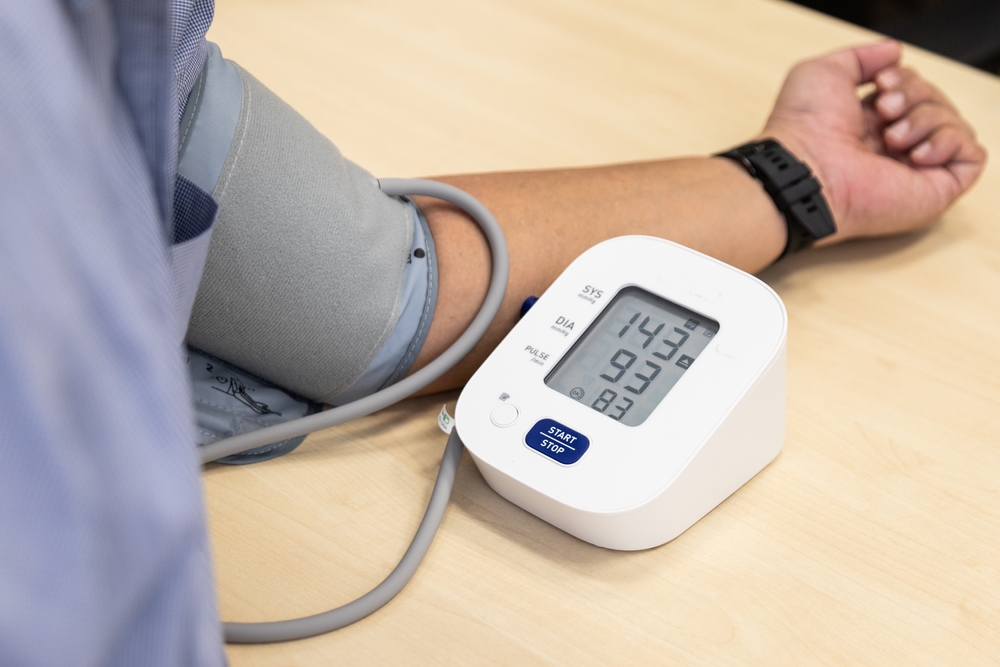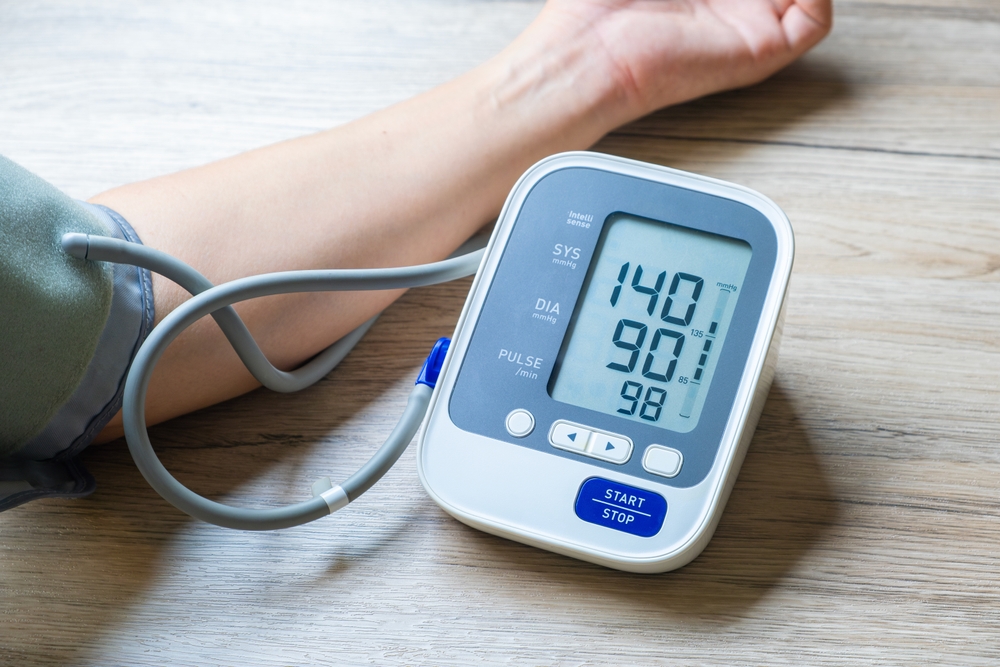Last Updated:
August 5th, 2025
Reduced Blood Pressure Caused by Addiction
Low blood pressure can come and go without warning. It is easy to miss, especially if you’re already dealing with more noticeable symptoms of substance abuse, but addiction often hides in the quietest changes. Reduced blood pressure might not sound dramatic, but the effects can be frightening and dangerous when your body isn’t getting the oxygen and nutrients it needs. If you’re feeling faint, weak or like something just isn’t right inside, understanding how drug and alcohol addiction can cause low blood pressure can point you towards the help you need.

What does reduced blood pressure indicate?
Reduced blood pressure, also called low blood pressure or hypotension, happens when the force of your blood moving through your arteries drops too low. Your body needs a certain amount of pressure to make sure blood gets to your brain, heart and other organs. When that pressure dips, even just for a moment, it can cause all sorts of symptoms, from dizziness and fatigue to fainting and confusion.
Many people don’t realise that low blood pressure can be just as serious as high blood pressure. If you’re feeling light-headed, struggling to focus, or finding it hard to stand without feeling faint, reduced blood pressure might be the cause.
Reduced blood pressure can happen for many reasons, but in the context of addiction, it’s often linked to how substances affect your heart and nervous system. It is also common during detox or overdose, and while you may not even connect the dots, it is crucial that you get medical help as soon as you do.
How can addiction cause reduced blood pressure?
Blood pressure is one of the most important things your body regulates but alcohol and drug addiction can throw it completely out of sync. You might not notice it right away, but when your heart isn’t pumping blood properly, everything from your brain to your muscles starts to suffer. This often happens when drugs or alcohol slow your system down or when you suddenly stop using and your body crashes.
Substances like opioids and benzodiazepines act as depressants, which means they slow down your nervous system. When taken in high doses or combined, they can cause your blood vessels to widen too much and your heart rate to drop, resulting in low blood pressure. If this happens, you may feel dizzy when you stand up, cold for no reason or spaced out even when sober. Without treatment, this can cause serious damage, even if you don’t notice symptoms right away.
Alcohol can play a more complicated role. Some people experience alcohol withdrawal hypertension, while others swing the other way and develop dangerously low blood pressure during alcohol withdrawal. Over time, drinking can also weaken your heart and interfere with your body’s ability to regulate itself. This can have very dangerous consequences if you don’t get timely medical treatment.
Struggling with an addiction? If you are ready to seek help, reach out to us today, and a member of our compassionate team will help you find the best option for starting your recovery journey.
What are the 10 signs of low blood pressure to look out for?
Reduced blood pressure can feel subtle at first, especially if you’re already overwhelmed by addiction, withdrawal or emotional distress. But recognising the signs early can make a big difference. Here are some of the most common signals that something is off:
What are the dangers of ignoring reduced blood pressure?
When you’re dealing with addiction or withdrawal, ignoring low blood pressure can be dangerous. It means your brain and organs aren’t getting the blood flow they need to function properly, and if untreated, this can lead to serious consequences, including fainting, falls, confusion or long-term damage to your heart and kidneys.
During low blood pressure alcohol withdrawal, these dips can come on fast and unpredictably, especially if you’re detoxing without medical support in rehab treatment. This is why sudden collapses or blackouts during withdrawal are so dangerous.
There is also the risk of misreading these symptoms. If someone collapses from low blood pressure after an overdose, it may look like they’ve simply passed out when, in fact, they may be in critical danger. If this happens, especially alongside other symptoms of overdose, getting emergency medical care could save a life.
What should I do if I notice reduced blood pressure in myself or a loved one?
If you are struggling with low blood pressure, you need to get help as soon as possible. Getting the right care can help stabilise your body and give you the energy and clarity needed to focus on recovery. Addiction Helper can connect you with the right treatment to overcome addiction and keep you safe. Contact us today and we will help you take a huge step towards health and hope.
Our compassionate team are ready and available to take your call, and guide you towards lasting the lasting addiction recovery you deserve.


